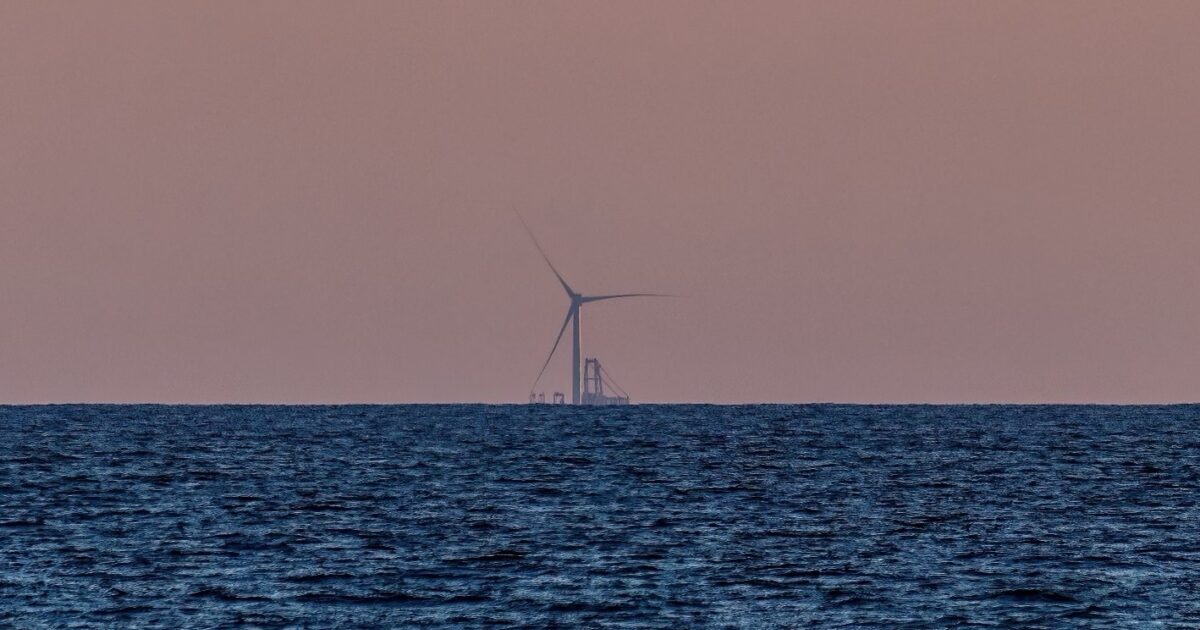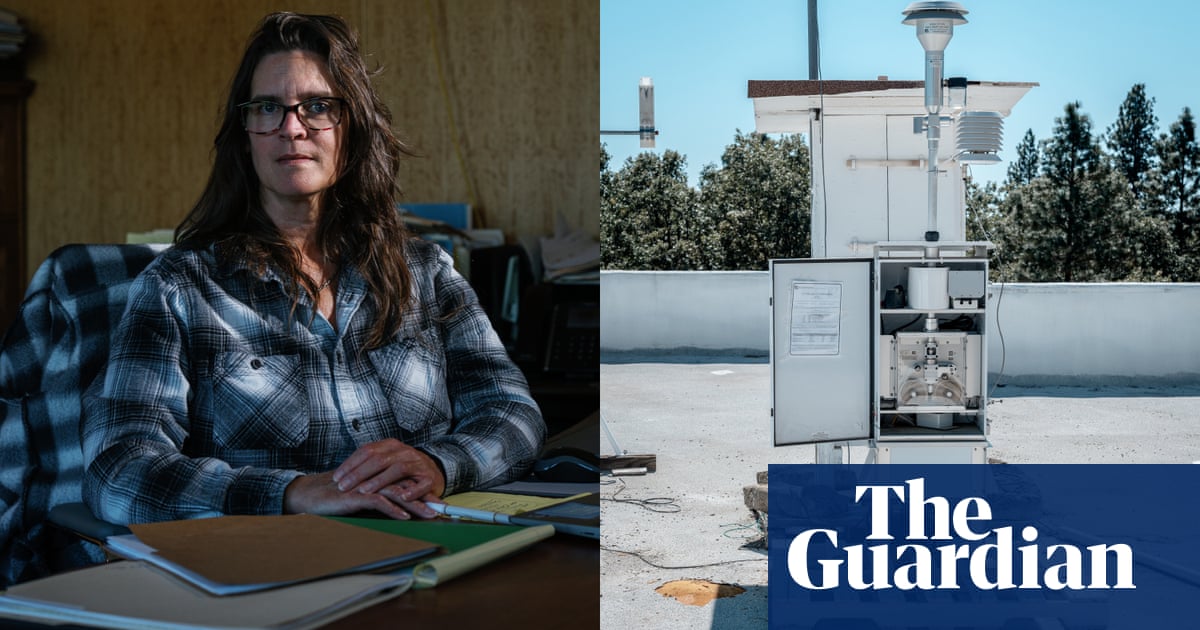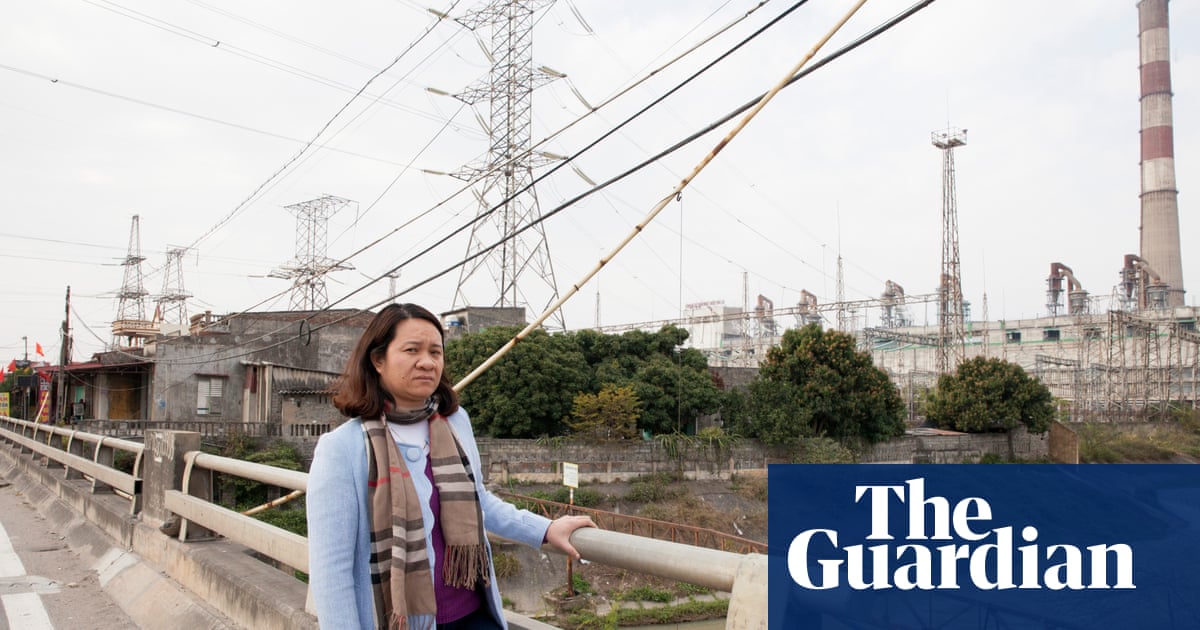
The First Vineyard Wind Turbine Rises Off Nantucket
Nantucket Current is the island's leading online news source. We deliver the news, stories, and people of Nantucket, unbiased and unfiltered.
First of 62 Haliade-X turbines installed. The ship that went out to do the install left about 5 weeks ago. Not clear why it took so long. I saw a mention somewhere of bad weather, but there may be something else going on. It is the first install of a machine that size off the US coast, so hopefully just getting the process down.
:quality(70)/cloudfront-us-east-1.images.arcpublishing.com/cmg/PCZDOT2XQNET5JVOYSHMUSHKCQ.jpg)
Wind turbine nearly as tall as Eiffel Tower rises in water off Nantucket
The first of Vineyard Wind’s 62 turbines has officially been assembled in the water about 15 miles southeast of Nantucket.
Ok, maybe erecting an Eifell tower out in the Atlantic during a mini-hurricane presents some challenges
RT












